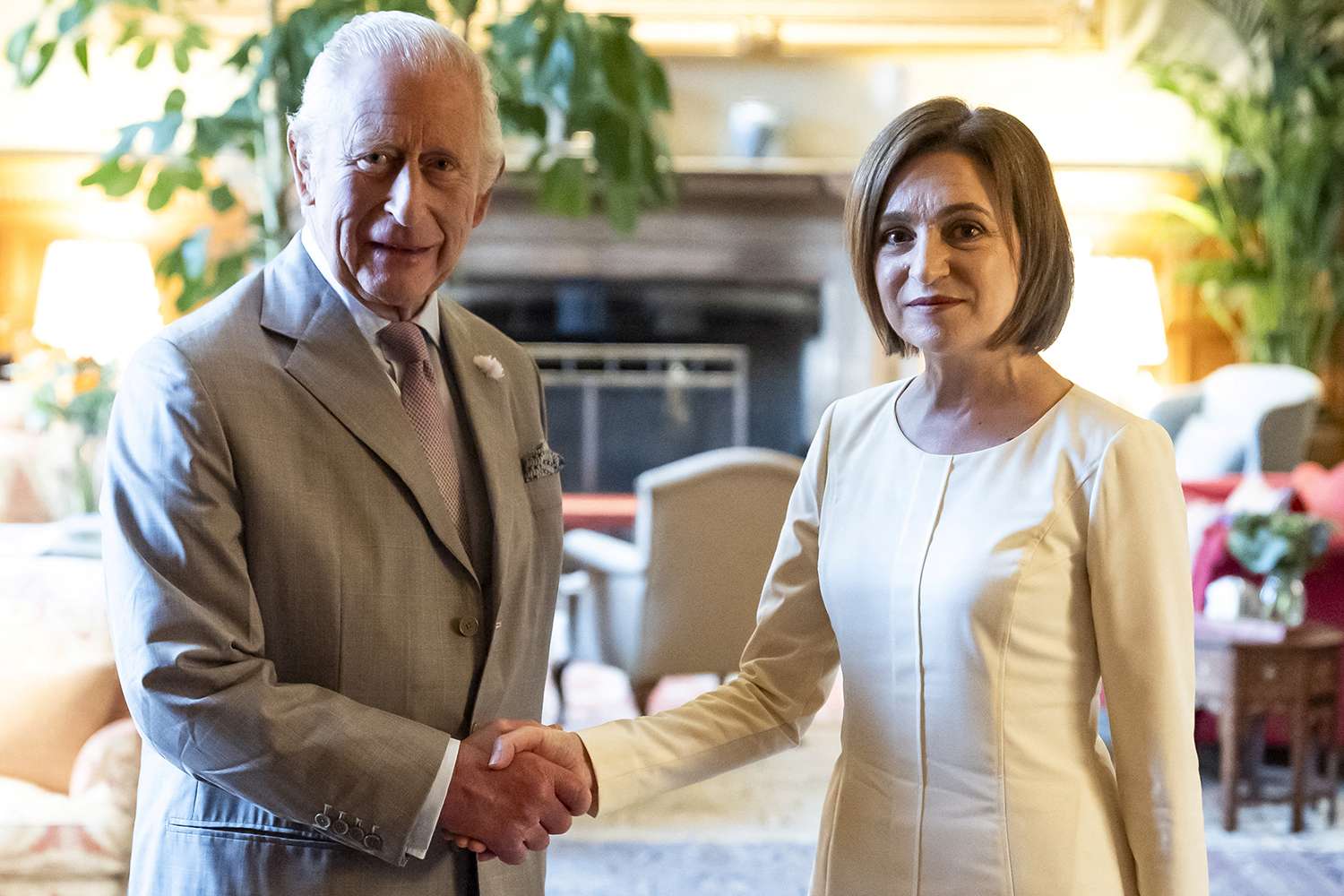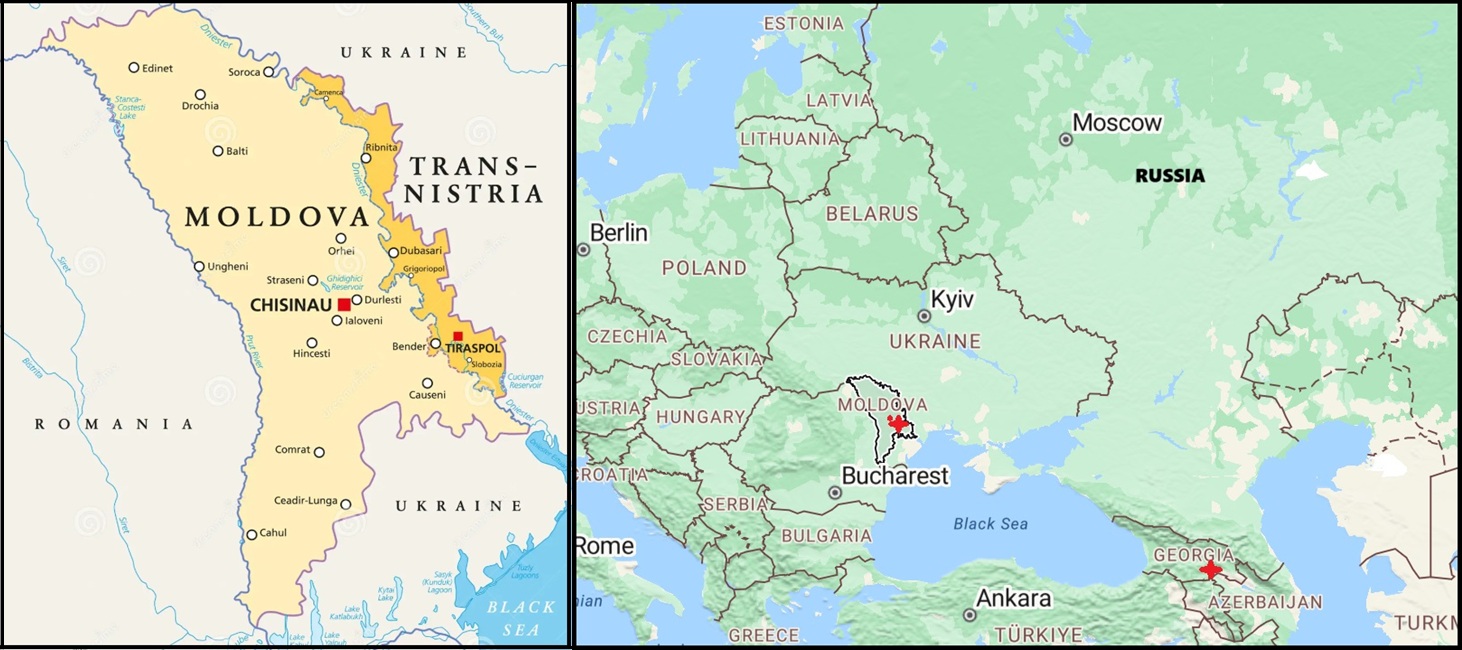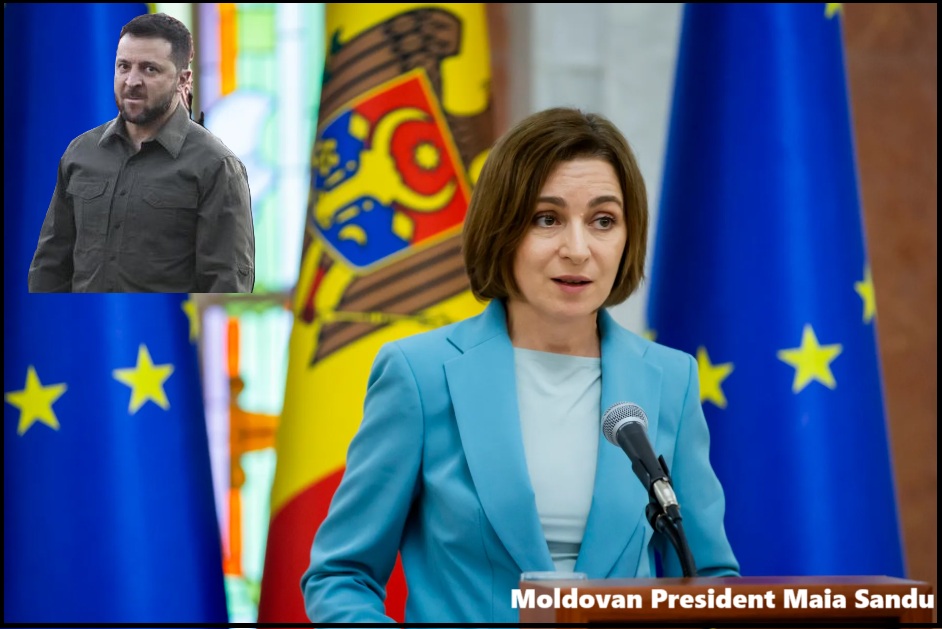


The parliamentary election for Moldova is scheduled for September 28th.
There is considerable anxiety afoot, as EU security elements begin bolstering the internal police force of Moldova. It appears their concern is widespread unrest could follow the election results. Why would the official government of Moldovan President Maia Sandu be concerned about post-election turmoil?
Well, consider that Maia Sandu’s election last year was not won by a vote of the majority of Moldovan’s who physically reside in Moldova, but by a reported half-million mail-in ballots that tipped the scales in her favor. Those same mail-in ballots also changed the results of the referendum that asked Moldovan citizens if they wanted to join the European Union.
The stakes are very high for the EU and NATO alignment. If the Moldova parliamentary election results in a more pro-Russian governing body, the best designed plans of the U.K/NATO/EU and global intelligence apparatus could be significantly damaged.
Mai Sandu’s Party of Action and Solidarity (PAS) is in a tenuous position. Sandu and PAS are globalists, influenced a great deal by European money and promises of affluence. Their collective opposition within Moldova is an assembly of nationalist voices represented by Patriotic Bloc, a new group of existing pro-Russian opposition parties.
Polls have indicated that Sandu’s PAS is likely to lose the parliamentary election, but the European Union cannot accept this outcome. Thus, the issue of these mysterious mail-in ballots surfaces again, and that explains why the Moldovan police and EU security forces are preparing for civil unrest.
In August, the leaders of France (Macron), Germany (Merz) and Poland (Tusk) visited the capital city of Chisinau to proclaim their support for President Maia Sandu and the pro-EU movement. The trio, also called the ‘coalition of the willing’, represent fierce opposition to Russia’s war in Ukraine.
On the economic front Moldovan citizens have been coping with high inflation, energy shortages and have seen little progress in the Sandu pledge to clean up internal bribery and govt corruption. Meanwhile, Sandu has been traveling around Europe and Great Britain seeking financial support that can deflect some of the economic issues.
The election next weekend represents a critical inflection point for Europe. If the EU loses the support of the Moldovan parliament, it would be much harder to utilize the Romanian NATO military base for a European war against Russia, a war they have been trying to provoke with increased aggressiveness.
Shortly before King Charles orchestrated the second state visit by President Trump, the U.K monarch met with Sandu to express his strategic support against a common enemy, Vladimir Putin (pictured below). However, it can be reasonably argued the majority of the people who live within Moldova do not hold the same opinion. They do not want war with Russia.
Russian President Vladimir Putin is watching this unfold, while hearing from the pro-Russian elements who live within the Moldavian region known as Transnistria. Indeed, much like the Donbas and eastern Ukraine region where western forces within Ukraine attacked the Russian enclaves, there are indications of the same dynamic within eastern Moldova.
If the EU security services think they will lose the election in Moldova, Sandu will cancel it.
Watch Moldova!


